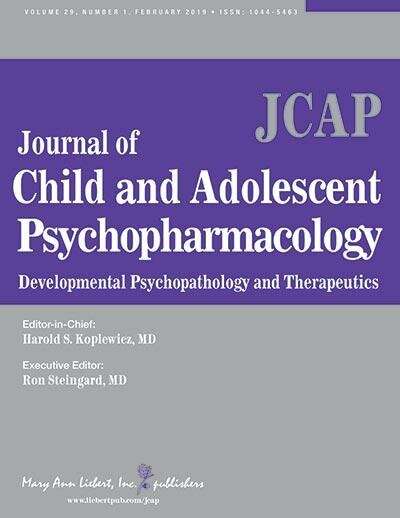Could saffron be as effective as stimulant medicines in treating ADHD?

A new short-term pilot study in children and teens 6-17 years old with attention-deficit hyperactivity disorder (ADHD) has shown saffron to be as effective at controlling symptoms as methylphenidate, the commonly prescribed drug Ritalin. Saffron may be a promising herbal alternative for treating ADHD, particularly for the 30% of patients who do not respond to or cannot tolerate stimulants like methylphenidate, as reported in an article published in the Journal of Child and Adolescent Psychopharmacology.
The article entitled "Crocus sativus L. Versus Methylphenidate in Treatment of Children with Attention-Deficit/Hyperactivity Disorder: A Randomized, Double-Blind Pilot Study" was coauthored by Sara Baziar, MD, Ali Aqamolaei, MD and colleagues from Tehran University of Medical Sciences, Iran. The researchers note that saffron also has anti-depressant and memory-enhancing properties. They compared the effects of Crocus sativus L. to methylphenidate in 54 patients over a 6-week period and showed no significant difference in effectiveness as well as similar frequency of adverse effects.
"This is a very interesting study and an intriguing finding. It is worthy of replication and further study to understand the mechanism of action," says Harold S. Koplewicz, MD, Editor-in-Chief of the Journal of Child and Adolescent Psychopharmacology and President of the Child Mind Institute in New York.
More information: Sara Baziar et al, Crocus sativus L. Versus Methylphenidate in Treatment of Children with Attention-Deficit/Hyperactivity Disorder: A Randomized, Double-Blind Pilot Study, Journal of Child and Adolescent Psychopharmacology (2019). DOI: 10.1089/cap.2018.0146



















